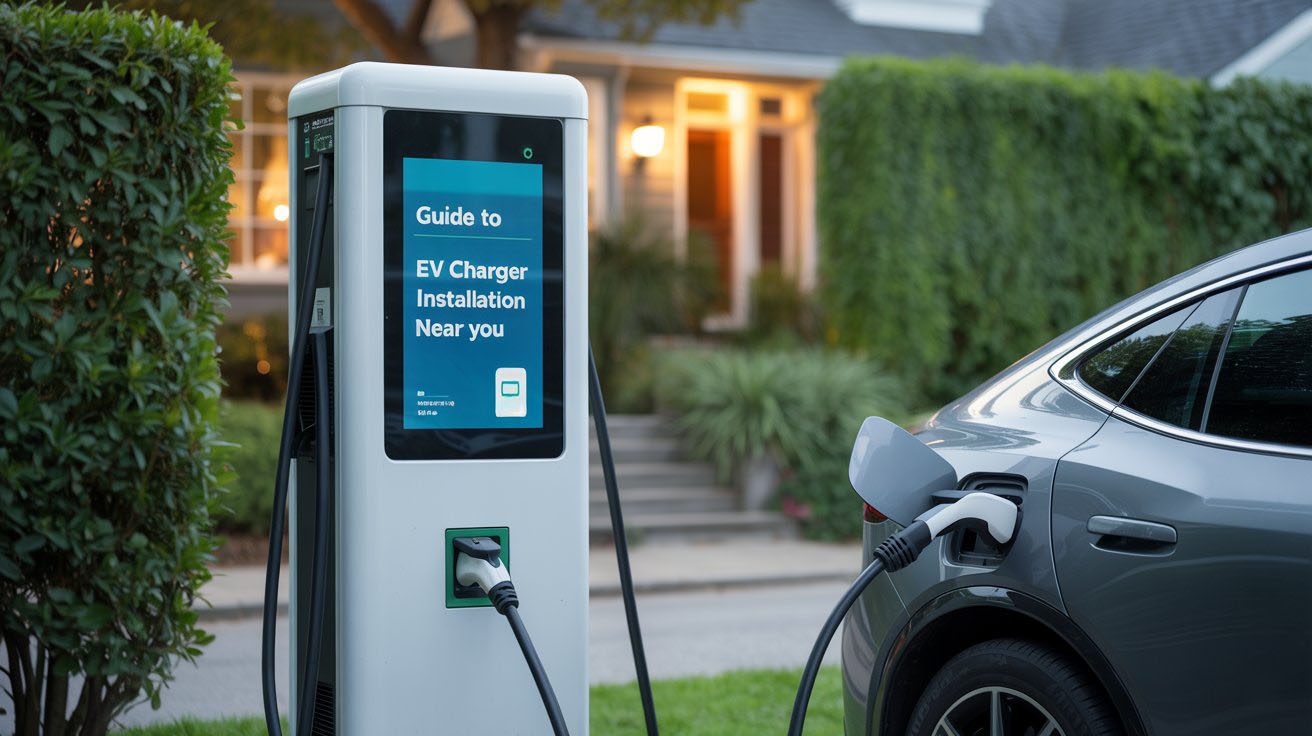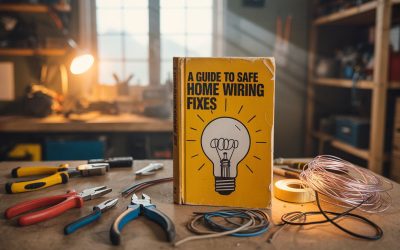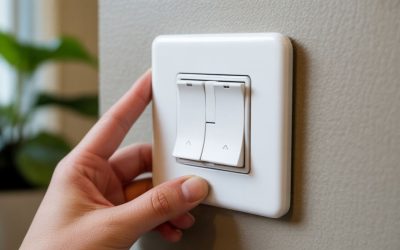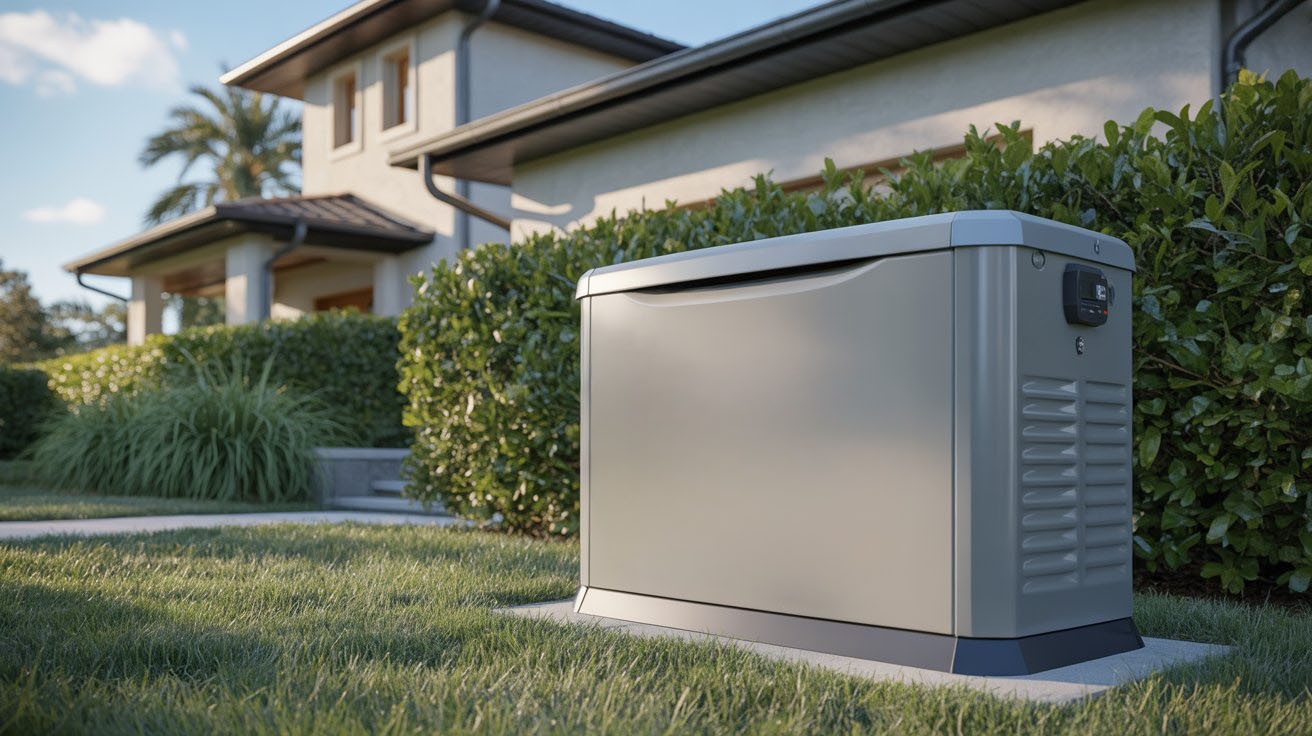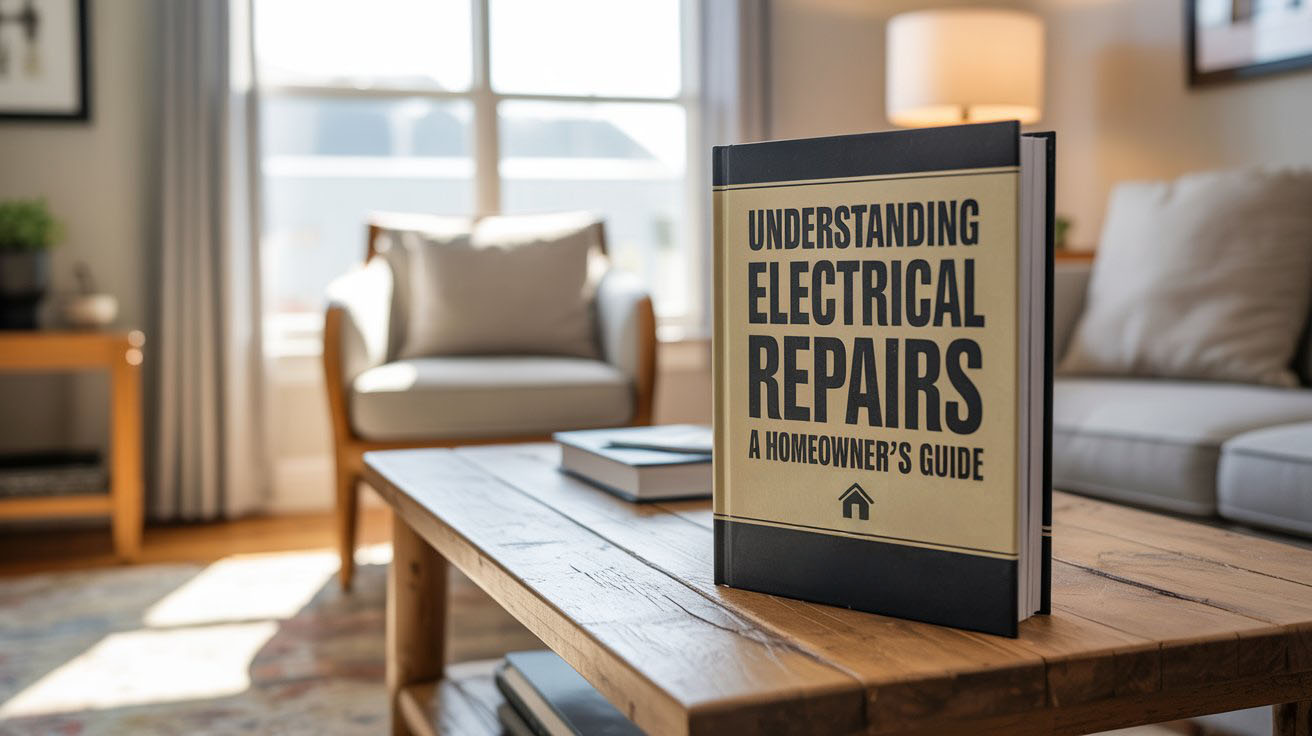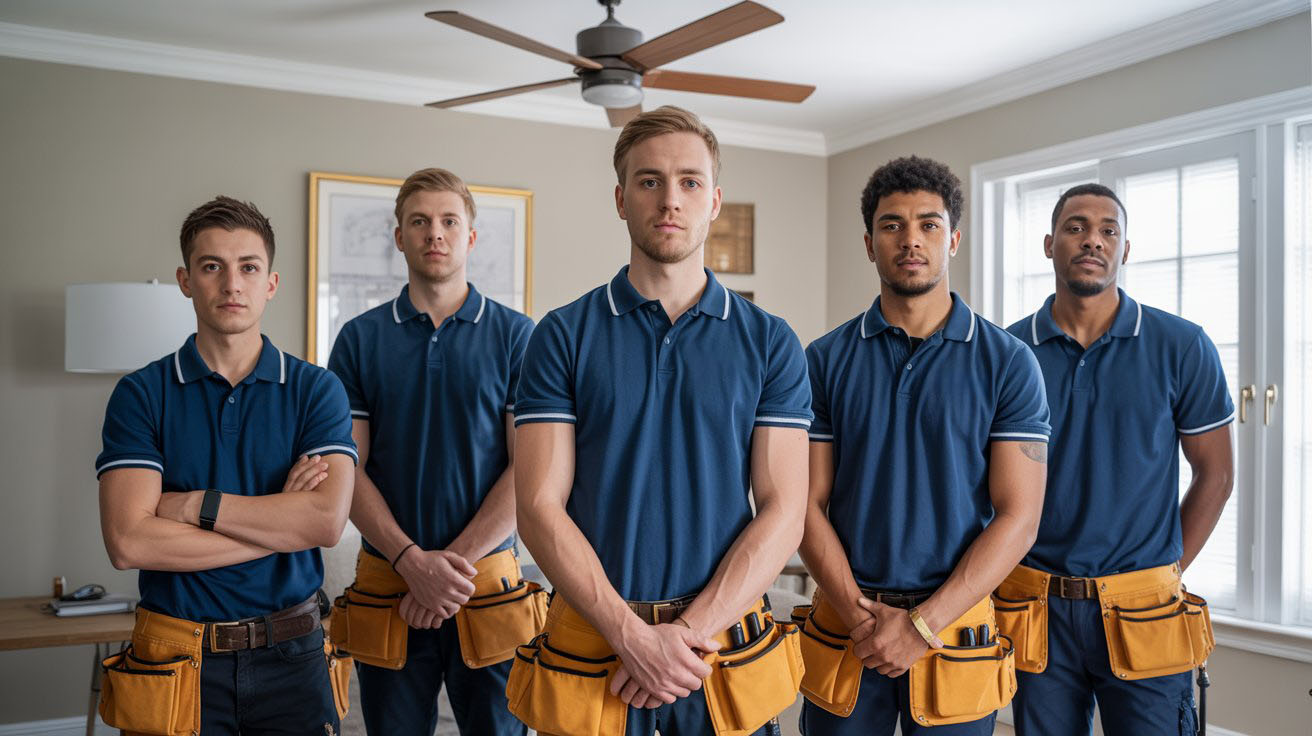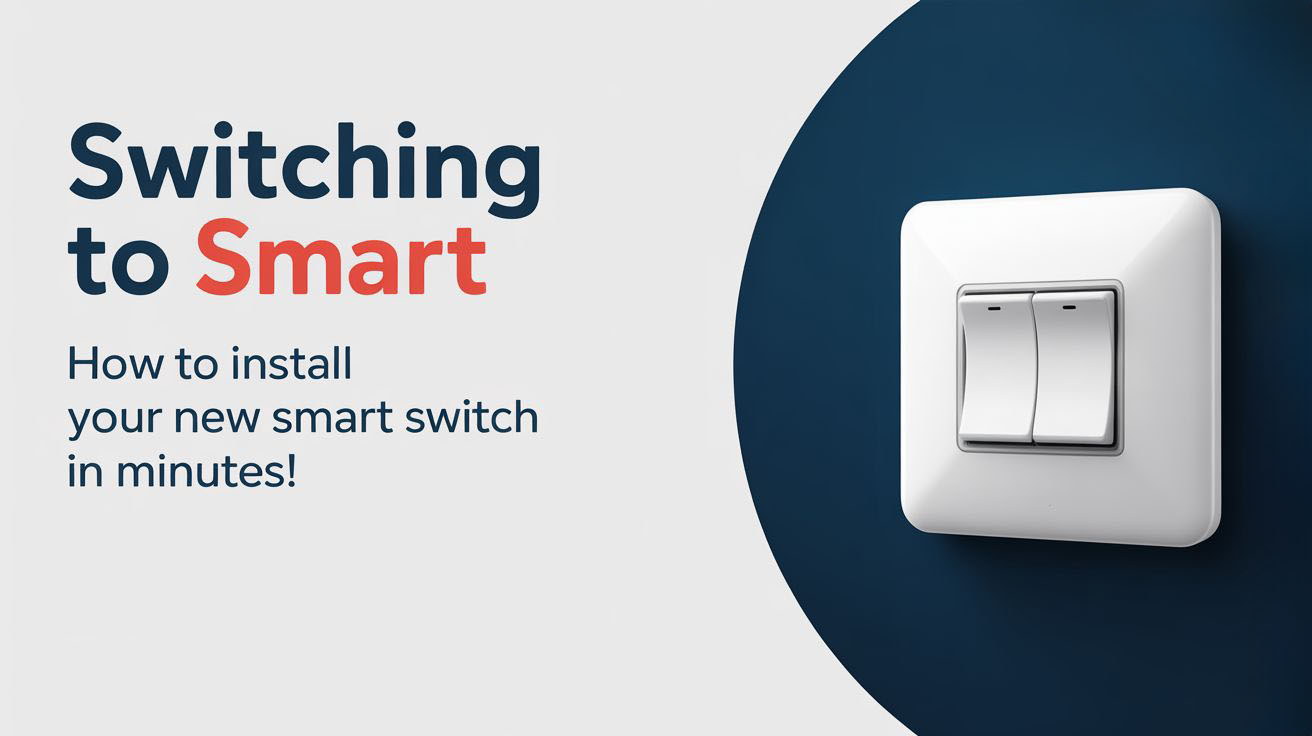Electric vehicles (EVs) are on the rise, making the installation of EV chargers a pressing need for both homeowners and businesses. Powering up your EV at home is not only convenient but also ensures that you’re always ready to hit the road. This guide will provide you with all the vital information needed for installing an EV charger near you.
Table of Contents
- Understanding EV Chargers
- Types of EV Chargers
- Why Install an EV Charger at Home?
- Choosing the Right Electrician
- Installation Process
- Cost of Installation
- Maintenance of EV Chargers
- Key Takeaways
- FAQ
Understanding EV Chargers
EV chargers are designed to recharge electric vehicles. They convert electricity from a power outlet into a form that can be used by the EV’s battery. Understanding the basics of these chargers is the first step toward making an informed decision about installation. There are two primary components of an EV charging system: the charging station itself and the electrical supply. A reliable electrical supply ensures the charger works efficiently. Most chargers plug into a standard outlet or are hardwired directly into your home’s electrical system.
Types of EV Chargers
There are three main types of EV chargers:
- Level 1 Chargers: These use a standard household outlet and offer the slowest charging speed, typically taking over 8 hours to complete a full charge.
- Level 2 Chargers: These are faster, using a dedicated 240-volt outlet. Charging usually takes 4 to 6 hours.
- DC Fast Chargers: These are the quickest but are generally found in commercial settings. They can charge an EV to 80% in about 30 minutes.
Choosing the right charger depends on your needs and the available electrical capacity in your home.
Why Install an EV Charger at Home?
Installing an EV charger at home brings several benefits:
- Convenience: Charge your vehicle overnight while you sleep.
- Cost-Efficiency: Home charging is often cheaper than relying on commercial charging stations.
- Increased Property Value: An added EV charger can increase the value of your home.
- Environmental Impact: Using EVs contributes to reducing carbon emissions and promoting sustainability.
Home charging provides a convenient way to keep your vehicle powered up for daily trips.
Choosing the Right Electrician
Selecting the right electrician for your EV charger installation is vital for safety and efficiency. Here are some tips:
- Experience: Select an electrician with experience in EV charger installation.
- Licensing and Insurance: Ensure they are licensed, insured, and have the necessary certifications.
- Customer Reviews: Look for reviews and testimonials from previous clients.
- Quotes: Obtain multiple quotes to ensure you get the best price.
A qualified electrician will not only install the charger efficiently but also advise you on the best practices for usage.
Installation Process
The installation process typically involves several steps:
- Site Assessment: An electrician will assess your home’s electrical system to determine if upgrades are needed.
- Choosing a Location: The charger should be placed close to your EV parking spot.
- Wiring and Installation: The electrician will install the necessary wiring and mount the charging station.
- Testing: After installation, the system will be thoroughly tested to ensure it functions correctly.
It is recommended to have your installation completed by a professional to avoid issues and ensure compliance with local codes.
Cost of Installation
The cost of installing an EV charger can vary based on several factors:
- Type of Charger: Level 1 chargers are generally less expensive than Level 2 or DC fast chargers.
- Electrical Upgrades: If your home needs electrical upgrades, costs can increase.
- Labor Costs: Hiring a professional electrician incurs labor costs.
On average, you might expect to pay between $1,200 to $2,500 for a Level 2 charger installation, including parts and labor.
Maintenance of EV Chargers
Regular maintenance ensures your EV charger operates effectively. Here are some maintenance tips:
- Keep the Area Clean: Regularly clean the charging station and the surrounding area.
- Check for Damage: Routinely inspect the charger for any wear and tear.
- Professional Inspections: Consider having a professional check the system annually.
Proper maintenance can prolong the life of your charger and keep your vehicle charged without issues.
Key Takeaways
– EV chargers come in various types, each with specific charging times. – Home installation offers convenience and cost savings. – Choosing a qualified electrician is crucial for a safe installation. – Maintenance is important to ensure longevity and efficiency. – Installation costs can vary based on several factors.
FAQ
What is the difference between Level 1 and Level 2 chargers?
Level 1 chargers are slower and use a standard outlet, while Level 2 chargers are faster and require a dedicated circuit.
Is it necessary to hire a professional for installation?
While DIY installation is possible, hiring a professional ensures safety and compliance with local electrical codes.
How long does it take to install an EV charger?
Installation often takes a few hours, depending on the complexity and any necessary electrical upgrades.
Can I install an EV charger myself?
It is recommended to hire a licensed electrician for safety and to ensure compliance with local regulations.
Do I need a permit to install an EV charger?
It’s a great idea to check with local authorities about permits for installing EV chargers, as requirements vary.

